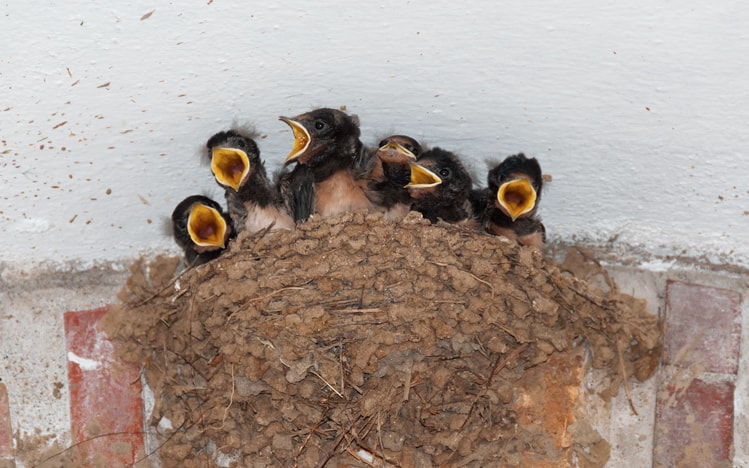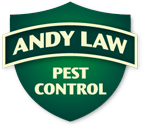
Nesting Birds Season: Things You Need to Know
Did you know you cannot disturb an active nest during nesting season? If that nest is in use, you cannot do anything to remove or disturb it until the season is over. If the nest is empty and there are no signs of bird activity, you are then free to remove it before the next nesting season begins.
So, where does this leave you if you have spotted birds nesting somewhere in or around your property?
Is it illegal to disturb nesting birds?
Yes. The Wildlife and Countryside Act 1981 stipulates that nesting birds cannot be disturbed. If they have built a nest inside the eaves of your home, you must not remove it while in use. You must wait until they have gone to do so.
Is there anything you can do to combat the issue during nesting season?
The best advice is to take the opportunity to walk around your property and be alert for signs of nesting birds. If any are nearby, you will very likely be able to hear them. Watch and see where the noises are coming from. If there are young in the nest, the adults will regularly fly to and from the nest with food. It doesn’t take much effort to see where the nest is.
If you discover you have more than one nest in your home or garden, make a note of where each one is. You can then refer to those notes later, once the season is over.
When does nesting season end in the UK?
It begins in February and runs until August, although some birds may remain in their nests later than this. It is always advisable to watch the nest to see when activity stops. Keep an eye on it for a few days to determine whether any birds are returning to it. You will soon see whether the nest has been abandoned for the year.
Once you are sure it is empty, you will be able to remove it. However, you should check there are no eggs in the nest before you do this. It would be illegal to remove those.
Oftentimes, people call in a pest control expert to assess and remove nests once the season is over. This is also the best time to install birdproofing measures to ensure the birds cannot return to nest in that same spot the following year.
